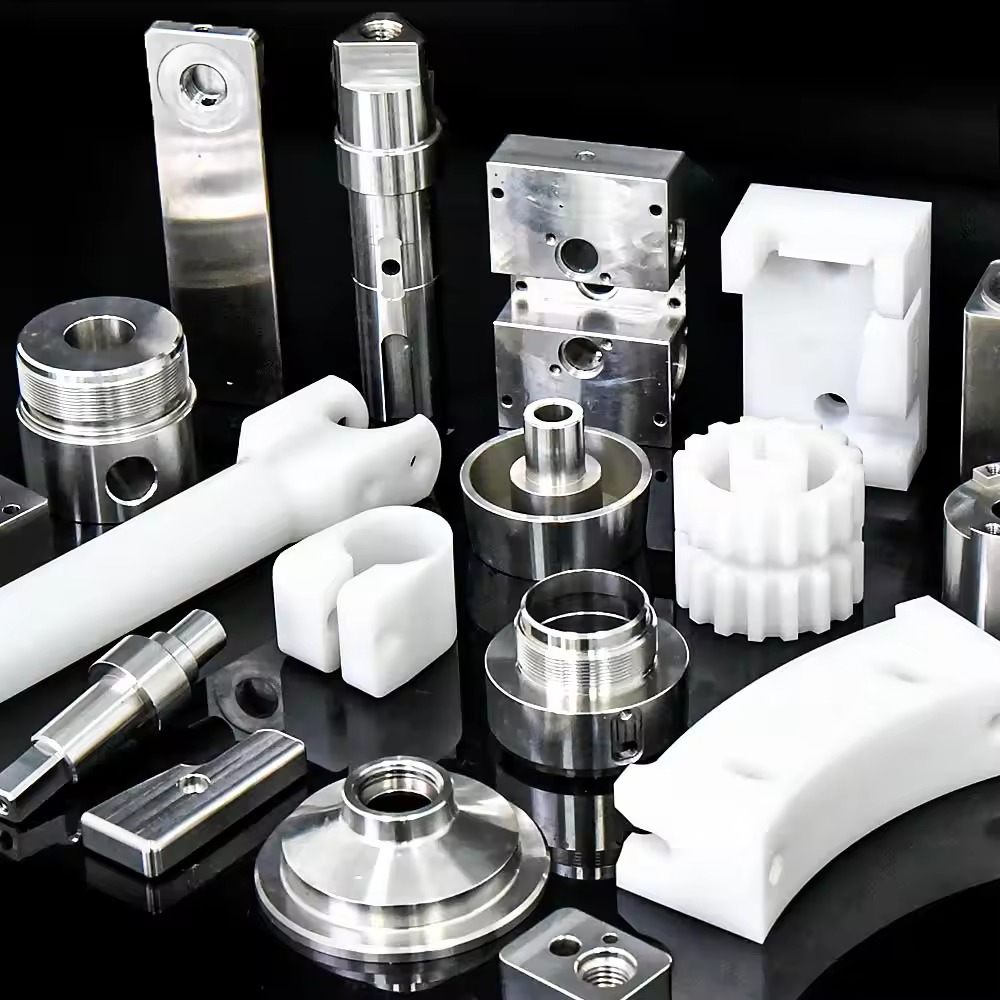Price Comparison: CNC Machining vs. Other Manufacturing Methods
When it comes to manufacturing precision parts, cost is always a key consideration. This article provides a CNC machining price comparison with other popular manufacturing methods, helping buyers and engineers understand the total cost factors and choose the best process for their needs.
Understanding CNC Machining Cost Factors
CNC machining is known for its flexibility, tight tolerances, and ability to produce complex geometries. However, several factors affect the final cost:
- Material selection: Metals like aluminum and steel typically cost more than plastics, and exotic alloys raise the price further.
- Complexity and tolerances: Intricate parts with tight tolerances require more machine time and quality control, increasing costs.
- Batch size: Low volumes often make CNC machining more cost-effective, while very large batches may be better suited for other methods.
- Setup and programming: Initial setup fees are amortized over the production run—prototypes and small batches are affected most.
CNC Machining vs. 3D Printing Cost
CNC machining vs. 3D printing cost is a common question for buyers. CNC machining offers higher precision, better surface finish, and a wider range of materials. It is ideal for end-use parts and functional prototypes where strength and accuracy matter.
On the other hand, 3D printing is often cheaper for highly complex, low-volume parts, especially for prototypes that would be expensive to machine. However, the cost per part can rise quickly for higher quantities, and some materials or tolerances may not be achievable with additive methods.
CNC Machining vs. Injection Molding Price
When comparing CNC machining vs. injection molding price, the main difference lies in batch size and upfront costs. CNC machining is usually more cost-effective for prototypes and small to medium volumes because it does not require expensive molds. Lead times are also shorter.
Injection molding shines with very high volumes, where the cost of the mold is spread across thousands of parts. For custom or rapidly changing designs, CNC machining remains the more flexible and responsive option.
CNC Machining vs. Sheet Metal Fabrication Cost
For flat or simple shapes, sheet metal fabrication can be less expensive than CNC machining, especially for high-volume orders. However, when parts require high precision, multiple features, or complex 3D geometries, CNC machining price comparison often reveals better value despite a higher per-unit cost.
Making the Right Choice for Your Project
Every manufacturing method has its strengths and trade-offs. CNC machining provides unmatched versatility, accuracy, and material options for prototypes, custom parts, and low to medium-volume runs. For large-scale production, injection molding or sheet metal processes may reduce unit costs but sacrifice flexibility.
For many buyers, the real value comes from partnering with a reliable CNC machining manufacturer who can offer honest guidance and transparent pricing. Working with an ISO 9001 certified CNC machining supplier means you can trust the process control, documentation, and final part quality—no matter which process you choose.
Choosing the right process for your project requires more than just a price tag comparison. Request a CNC machining quotation online and discuss your requirements with an expert supplier to find the optimal balance of cost, speed, and quality.
READ MORE:
- Case Study: How a Failed Mold Wasted $4,500 and Two Months — Why the Client Chose BERGEK
- From Inquiry to Delivery: Step-by-Step CNC Machining Supplier Workflow
- Medical Device Manufacturing: Why Choose an ISO Certified CNC Supplier
- OEM & ODM CNC Machining Services: What Buyers Need to Know
- Understanding the True Cost of Custom CNC Machined Components
- How to Source a Trusted 5-Axis CNC Machining Factory for Automotive Parts
- Prototype to Production: Custom 5-Axis CNC Machining Services Explained
- Why ISO 9001 Certification Matters When Choosing a CNC Machining Supplier














